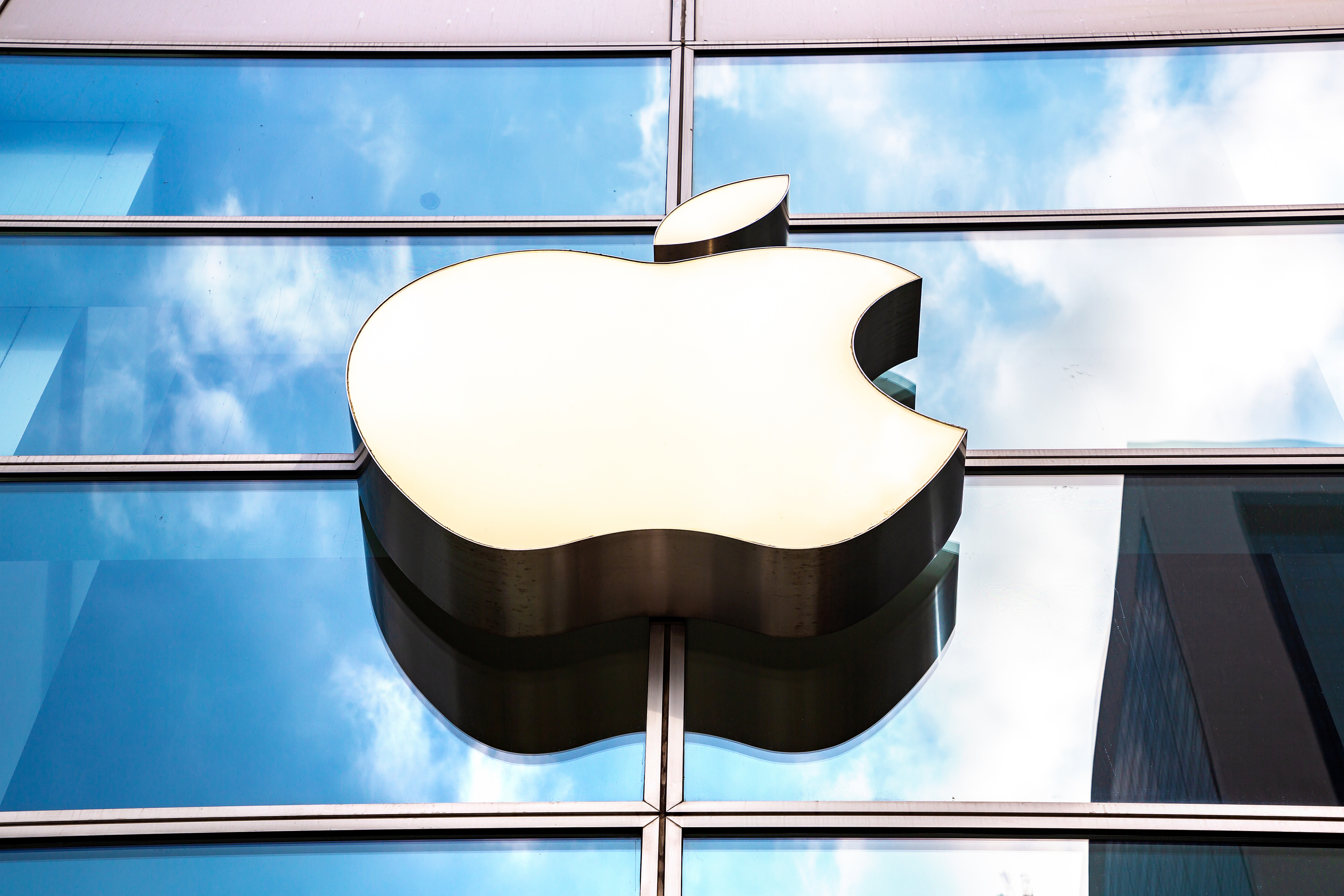
Earlier this year Apple reportedly canceled a 10-year long project to develop its own electric car. However, the company may not be done with the EV business just yet. A new report from DigiTimes suggests that Apple is “assessing the possibility of teaming up with a certain US EV startup, and Rivian is a very likely candidate.”
DigiTimes claims that “speculation among supply chains” suggests Apple will be teaming up with an EV startup. The idea being that Apple could make use of the 10 years of Apple Car project development, including autonomous driving research, with a partner instead of trying to start a car-manufacturing division from scratch.
DigiTimes didn’t provide any other detail about the partnership or what it might involve — only that Rivian is supposedly the leading candidate. There’s no mention of whether Rivian would be interested, or even if Apple has made a final decision. Only that the company is “studying” the possibility.
Apple Car Reborn? I'm not so sure
I certainly have my doubts about this claim. For starters, the rumors around the Apple Car originally suggested Apple wanted to partner with an existing automaker. That way a legacy brand would handle manufacturing and production, while Apple would control design and software elements.
Talks with partners like Kia and Hyundai supposedly broke down after news of the talks leaked, while other automakers seemed reluctant to hand so much control over to Apple and risk becoming “the Foxconn of the auto industry”. At one point Apple seriously considered purchasing McLaren and selling the Apple Car as an ultra-premium vehicle that was only available in limited numbers.
Rumors also claim that it was only after various attempts to partner with existing brands fell through that Apple decided to go it alone. On top of that, the reports surrounding the Apple Car’s cancellation suggest that Apple’s focus on true autonomy is what killed the project. Because it’s really hard to get a car that can handle the open road equal to or better than a human driver 100% of the time.
Not to mention the legal hurdles involved in allowing such a car on public roads. It’s the kind of thing that’s usually left to individual states, like how California and Nevada have allowed Mercedes’ next gen autonomous driving feature to operate in certain areas. So odds are you couldn't buy an autonomous Apple Car on day one and have it drive you across the U.S.
What does this mean for the Apple Car’s future?
It wouldn’t make a whole lot of sense for Apple to scrap work on the Apple Car, only to turn around and try to revive it with a random EV startup. Especially when it attempted similar partnerships in the past with limited success. And honestly the DigiTimes report is so vague and non-committal that it’s hard to put any stake into its claims.
Of course, all the research and development Apple did over the course of the 10-year Apple Car project likely didn’t go anywhere. It’s unclear what stage it got to, but there is a chance it could still make use of that work in some way — potentially even licensing out the tech to an existing car maker. Likely one that hasn’t done much of its own research into autonomous driving.
But who knows, I may be wrong. Perhaps Apple really is starting afresh and trying to partner up with an existing car brand or startup to make the Apple Car a reality. Though you have to wonder how many times a company could try that particular option before they realize there may be a problem with it.







